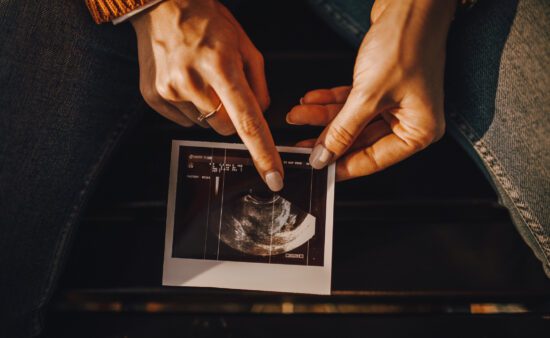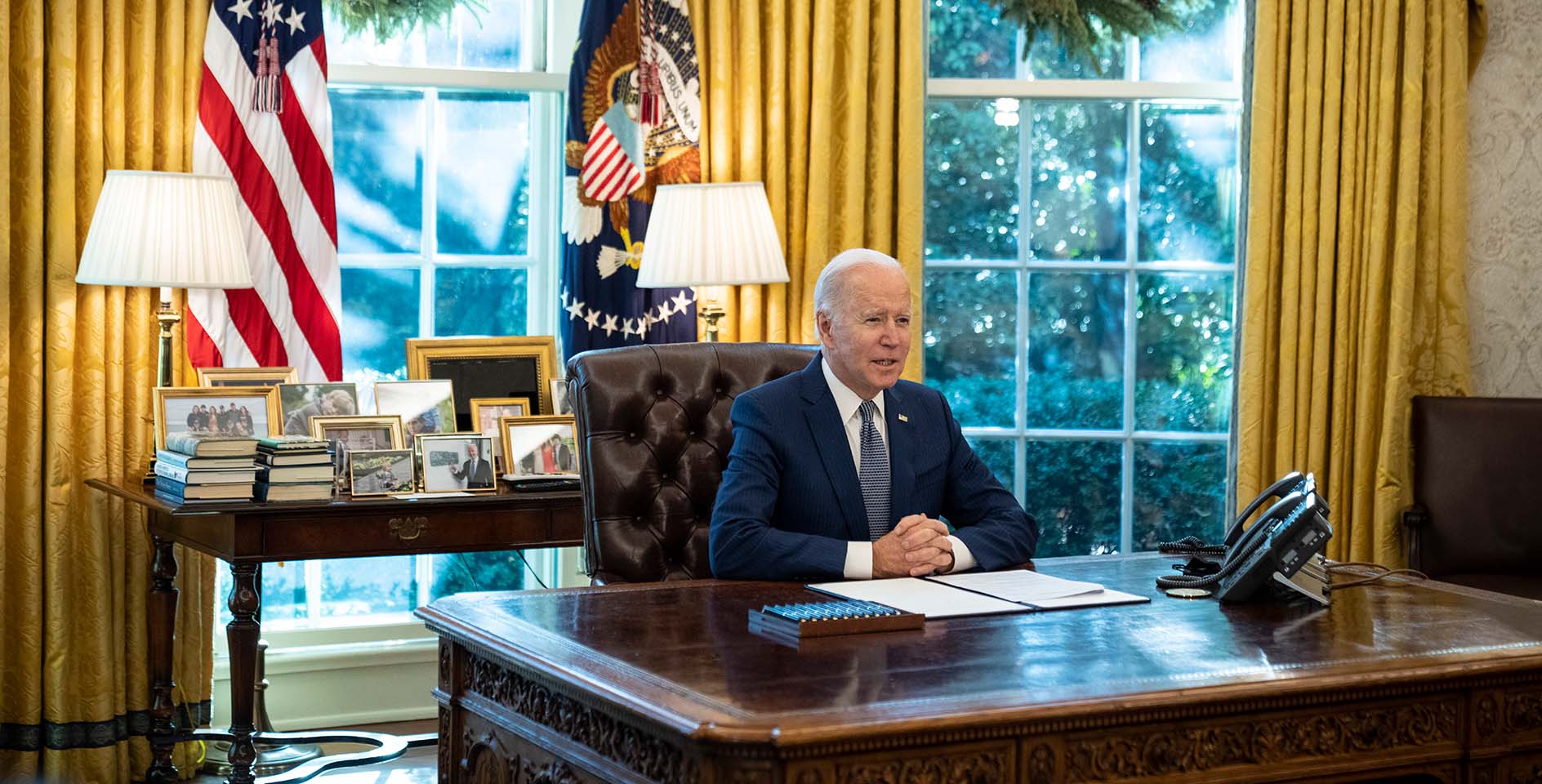In the hours following the historic Dobbs decision, which recognized that the states have the right to make laws regulating the practice of elective abortion, moral panic ensued. Almost immediately, pro-choice pundits took to social media and television news decrying the decision by the nation’s highest court and began to sew panic throughout our communities, claiming that the right to abortion represents much more than simply a woman’s ability to choose to end the life of the preborn baby within her.
This same idea was also pointed out by Justice Clarence Thomas in his solo concurring opinion in Dobbs where he stated, “In future cases, we should reconsider all of this Court’s substantive due process precedents, including Griswold, Lawrence, and Obergefell,” even as the majority disagreed with his assessment. The majority opinion in Dobbs sought to limit the scope of the decision simply to the practice of abortion and the overturning of the abortion precedents set by Roe and Casey. They stated, “Nothing in this opinion should be understood to cast doubt on precedents that do not concern abortion.” Whether one agrees or not with Justice Thomas’ rationale for reevaluating these past decisions, he rightfully pointed out what many on both sides of the debate have long acknowledged: that the right to an abortion was decided upon a tenous reading of the Constitution by the justices, being built upon a discovered right to privacy and a mantra of self-determination that dominates the modern era.
The reality of this unstable foundation of a right to abortion was even acknowledged by Vice President Kamala Harris who noted in a Face the Nation interview that these protections were wrongly assumed to be secured by the court, never actually being codified by Congress. As of this week, Congress is seeking to do just that. With the midterm elections in view, Democrats in the House of Representatives have moved beyond bills explicitly focused on abortion and now are looking to codify rights to same-sex marriage and contraception in the law. Though these bills will likely pass the House with bipartisan support, it’s unclear what outcomes they will face in the Senate.
The linchpin
Abortion on demand was a cultural fixture for nearly five decades in America but has always represented much more than simply the taking of a preborn life, since it became the linchpin for the wider sexual revolution rooted in self-determination and moral autonomy. Abortion became sacrosanct for many of our neighbors because it represented the longer trajectory of certain modern ideas that see the individual as the sole arbiter of truth and the “self” as the one who gets to ultimately determine the good for both the individual and society at large.
Abortion—along with the birth control pill—in many ways holds the modern project together since it represents a fundamental separation of our actions from their corresponding responsibilities and duties to others. Historian Carl Trueman makes this point in his recent book The Rise and Triumph of the Modern Self by stating that in this cultural shift, sex became unmoored from the responsibilities and the “ideal of monogamous heterosexual marriage” which “has only recently become much easier to transact (with the advent of cheap and efficient contraception)” (38). In short, abortion and the pill allowed for more promiscuous sexual behavior without the fear of an unplanned pregnancy or the duties of a family. Modernity promised that one could have moral freedom void of the natural consequences and the corresponding responsibilities of our actions. This opened a whole new world of sexual freedom and moral autonomy that can be seen clearly in Griswold — which stated that the Constitution guaranteed the right of married couples to buy and use contraception without government restriction— and Roe all the way through the historic Obergefell v. Hodges decision which legalized same-sex marriage nationwide.
While it is important to recognize that not all who support abortion rights or contraception today buy into every tenet of sexual libertinism, we must remember that our culture of abortion is built upon the ideal of the individual. It is a rejection of the dignity of the most vulnerable among us and directly confronts God’s design not only for sexuality and marriage but also for the moral order. Many of the visceral and raw emotional reactions to the Dobbs ruling show just how sacred abortion has become to the modern moral order. Indeed, it is the banner of the modern reign of the individual.
The revolt
In remarks after the Dobbs ruling, President Joe Biden said, “Roe recognized the fundamental right to privacy that has served as a basis for so many more rights that we’ve come to take for granted, that are ingrained in the fabric of this country” which includes “the right to make the best decisions for your health. The right to use birth control. A married couple in the privacy of their bedroom, for God’s sake. The right to marry the person you love.” In the coming days and weeks, we will see a litany of bills in Congress—namely in the Democratic-controlled House—and increased political fervor around these issues with midterm elections around the corner as many seek to retain the Roe-like individual freedoms in a post-Roe world.
Abortion was never simply about abortion; it represents an entire way of viewing the social order through the lens of individualism and moral autonomy.
To the surprise of many, 47 Republicans voted alongside all Democrats in the House to codify marriage equality, which would repeal the 1996 Defense of Marriage Act that recognized the historic definition of marriage as a union between one man and one woman. The bill would also require all states to recognize same-sex marriages, as long as it was valid in the state in which it occurred. The “Respect for Marriage Act” is headed to the Senate, where Democrats will need 60 votes to overcome the filibuster and call for a vote. Another bill being considered in the House concerns the right to contraception, which includes possible abortifacients being mislabeled as birth control and “emergency contraception”, an alarming section that carves out conscience protections enshrined in the Religious Freedom Restoration Act––a law that protects our bedrock principle of religious liberty––as well as troubling language that could give the government authority to supersede the beliefs of religious employers. And in recent weeks, we have also seen the House approve bills designed to guarantee access to elective abortion for all.
As Christians seek to navigate a culture reeling from the pains of rejecting the created order as well as the details of each of these bills, we must do so with eyes open to the reality of what is being revealed. Abortion was never simply about abortion; it represents an entire way of viewing the social order through the lens of individualism and moral autonomy. It is at the very heart of the modern project of crafting our own meanings and realities—“my truth”—based on our own feelings and desires rather than recognizing that meaning and truth is rooted in a transcendent order given by our Creator. While these particular bills may be primarily about politics in light of the upcoming election and a direct reaction to the words in Justice Thomas’ concurring opinion in Dobbs, Christians should take these votes seriously as major cultural shifts are happening throughout our culture.
The coming days, weeks, and months will likely not be easy nor will the next steps always be clear. But one thing is clear for Christians, true freedom and happiness is never found in ourselves nor is it found in the pursuit of self-determination. It is found in a relationship with God as our Creator and by recognizing his good design for marriage and sexuality. Human beings simply were not created to bear the burden of crafting our own realities but were made by God to derive our meaning and identities from outside ourselves.
True freedom is found in the One who is not reeling in fear or surprised by our arrogance and pride. Our God is reigning over all people, nations, and even our governing institutions. Christians, from the place of hope and peace, must seek to love our God and love our neighbor as ourselves (Mark 12:30-31), recognizing that the sins of this age may seem novel at first but at their core are the same issues we have always dealt with in social ethics. Let us be found proclaiming the truth about our shared human nature and our created realities, while at the same time opening our arms to those who have been cast aside and left in the wake of a failed pursuit of individualism and the empty promises of moral autonomy from the sexual revolution.










